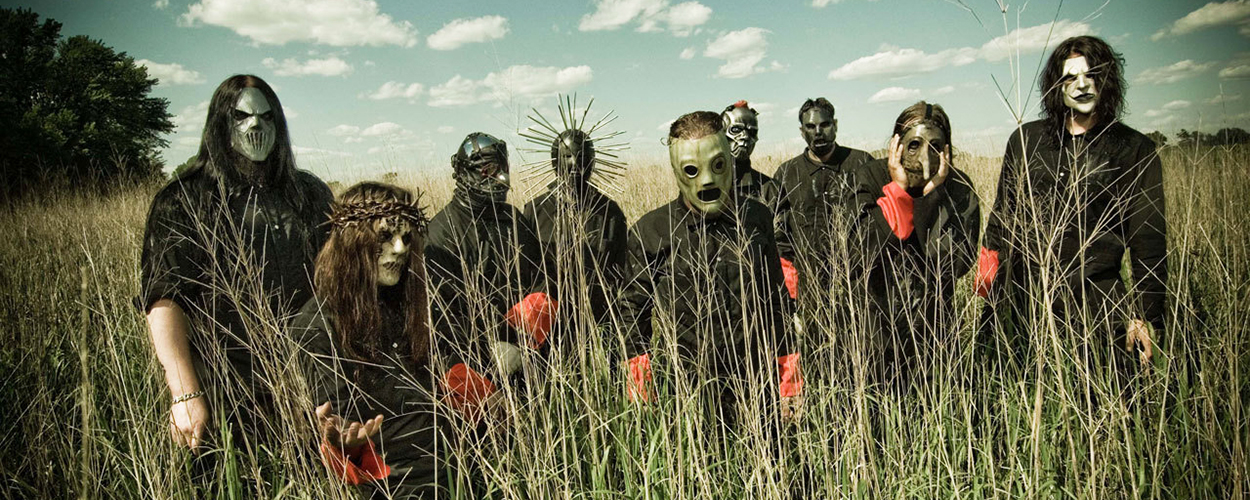This website uses cookies so that we can provide you with the best user experience possible. Cookie information is stored in your browser and performs functions such as recognising you when you return to our website and helping our team to understand which sections of the website you find most interesting and useful.
Artist News Legal
Legal battle over Slipknot bassist’s death watched closely by doctors in Iowa
By Chris Cooke | Published on Wednesday 17 February 2016

Doctors in Iowa are watching closely a legal battle relating to the death of late Slipknot bassist Paul Gray, because it could impact on their liabilities for malpractice.
As previously reported, Gray died from an accidental drug overdose in 2010. Two years later a medic who had treated the musician was charged with involuntary manslaughter in relation to the deaths of nine of his patients, including Gray, with the central allegation being that the doctor had prescribed dangerous levels of prescription medications.
Testifying during Daniel Baldi’s trial, Gray’s widow Brenna told the court that, in the months leading up to her husband’s death, she had attempted to convince the doctor to take her spouse’s addiction to various prescription drugs more seriously, including showing him pictures of Gray passed out from drug use.
Although Brenna Gray conceded that the doctor eventually did provide pills to treat her husband’s addiction, she said he also continued to supply the musician with other drugs, particularly pain medication Xanax, which she described as Gray’s “drug of choice”. Though Baldi’s lawyer argued that toxicology reports found that Gray died from an overdose of Fentanyl and morphine, neither of which were prescribed by the doctor, therefore he could not be held liable for the Slipknot member’s death.
Baldi was ultimately acquitted in the criminal trial, which took place in 2014, while the same year civil proceedings filed against the doctor by Mrs Gray were also dismissed on the basis that Iowa law states that medical malpractice lawsuits of this kind must be filed within two years of the death any doctor is accused on causing.
However, Gray is appealing that ruling on various grounds. First, that she didn’t initially realise that her husband’s death was related to his treatment by Baldi, and secondly, that the couple’s daughter, born six months after the musician’s passing, is also a victim of the doctor’s alleged malpractice.
The latter point is important because under Iowa law children have more time to file malpractice lawsuits than adults. And, according to the Des Moines Register, a legal rep for the Grays told the Iowa Supreme Court yesterday: “This child … every day lives without her father. There is no father around her to support her. There is no father to see her at her birthdays or to be with her at Christmas”.
It was the legal claim by the young October Gray that occupied most of the discussion at the first day of the appeal hearing yesterday, with judges debating whether the rule that children have longer to make a claim for medical malpractice was really intended for cases like this. One judge, David Wiggins, expressed the opinion that the provision was really intended for children who directly suffered from medical malpractice before birth, the results of which weren’t seen until several years later.
As the legal battle proceeds, the medical profession in the state will be wondering whether, if the Grays are allowed to proceed, the flood gates might be opened for other malpractice lawsuits relating to alleged incidents more than two years ago. The case continues.





